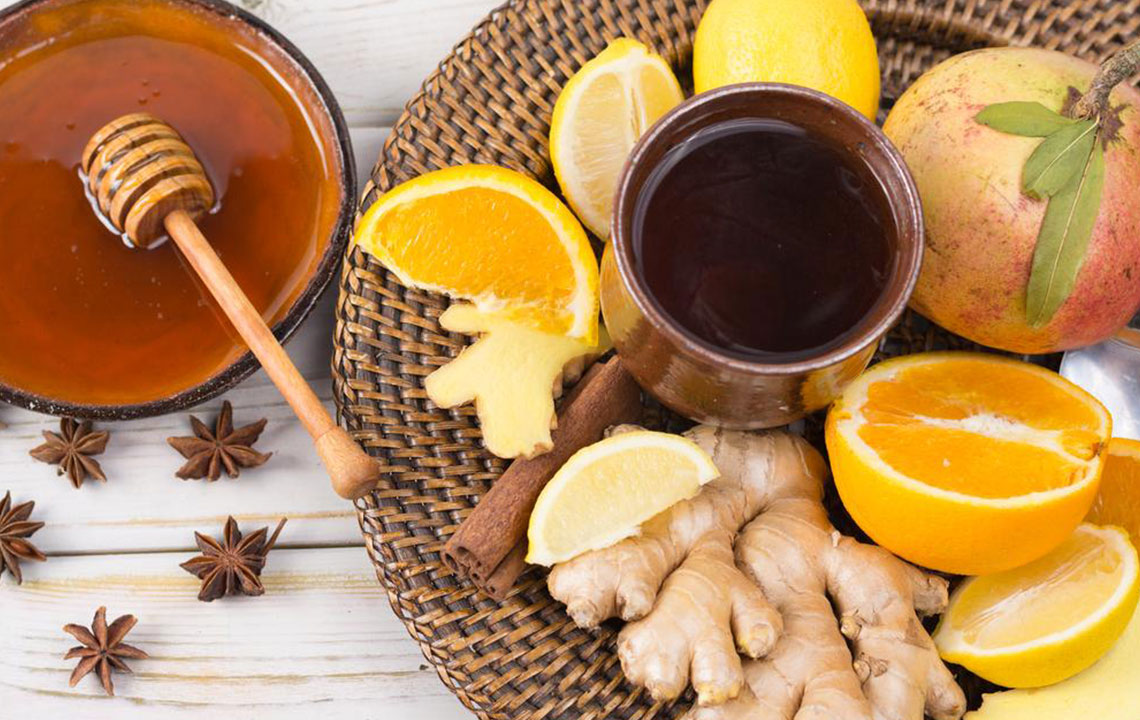Comprehensive Natural Support Strategies for Managing Breast Cancer
Explore comprehensive natural support strategies for breast cancer management, including holistic therapies, nutrition, and supplementary treatments to enhance well-being during conventional medical care. Learn how integrating these approaches can improve quality of life and treatment outcomes.

Breast cancer is a complex disease that originates from the abnormal growth of cells within the breast tissue. This condition is primarily caused by genetic mutations that disrupt normal cellular regulation, leading to uncontrolled cell proliferation. These cancerous cells frequently develop within the milk ducts (ductal carcinoma) or the milk-producing lobules (lobular carcinoma), but as the disease progresses, it can invade surrounding tissues and potentially metastasize to other parts of the body. Understanding the nature and progression of breast cancer is crucial for tailoring effective treatment plans and support strategies.
The mainstay treatments for breast cancer include surgery to remove tumors or affected tissue, chemotherapy to target rapidly dividing cells, hormone therapy for hormone receptor-positive cancers, and targeted therapies that precisely attack cancer cells while sparing healthy tissue. The choice of treatment depends on various factors such as the cancer’s stage, location, molecular characteristics, and the patient's overall health.
While conventional medicine plays a vital role in controlling and eradicating cancer, many patients seek additional support through natural and complementary therapies. These approaches aim to enhance overall well-being, improve quality of life, and alleviate treatment-related side effects. Integrating natural support strategies can provide emotional comfort and foster resilience during the often challenging cancer journey.
Holistic and Mind-Body Approaches for Emotional and Mental Well-being
Holistic therapies focus on nurturing the mind, body, and spirit, emphasizing the importance of mental health alongside physical health. Such practices are invaluable for reducing stress, managing anxiety, and cultivating a positive mental outlook, all of which can influence overall recovery. Techniques like aromatherapy utilize essential oils such as lavender, chamomile, and peppermint to promote relaxation and mental clarity.
Art therapy offers a creative outlet for emotional expression, helping patients process their experiences and reduce psychological distress. Meditation, mindfulness practices, and yoga have been shown to lower cortisol levels, improve sleep quality, and bolster emotional resilience. Music therapy provides a soothing environment that can uplift spirits and diminish feelings of fear or depression. Although these techniques do not directly combat cancer, they are potent tools for maintaining mental health and improving the quality of life during treatment.
Nutrition and Diet: Building Strength from Within
A balanced, nutritious diet plays a pivotal role in supporting patients through cancer treatments. Consuming a variety of vegetables, fruits, whole grains, lean proteins, and healthy fats can strengthen the immune system, enhance energy levels, and facilitate recovery. Emphasizing foods rich in vitamins, minerals, and antioxidants helps combat oxidative stress and may reduce the risk of recurrence.
It is advisable to limit or avoid processed foods, excessive fats, salty snacks, and smoked or preserved items, which may negatively impact health and hinder recovery. Hydration is equally essential, so drinking adequate amounts of water supports detoxification processes and overall cellular function.
Complementary Therapies and Natural Healing Modalities
Reiki, a Japanese energy healing technique, involves gentle hand placements to channel healing energy. Many patients find it helpful for pain relief, anxiety reduction, and promoting relaxation. Although scientific evidence supporting Reiki’s efficacy remains tentative, anecdotal reports suggest it can be a beneficial adjunct therapy when used alongside conventional treatments.
Herbal supplements such as garlic, turmeric, ginseng, and green tea have garnered interest for their potential immune-boosting and anti-inflammatory properties. For example, turmeric contains curcumin, which exhibits antioxidant effects, while green tea is rich in polyphenols that support cellular health. However, it is critical to consult healthcare professionals before incorporating these supplements to avoid possible interactions with chemotherapy or other medications.
Safety Considerations and Professional Guidance
While natural therapies can complement traditional cancer treatments, they should never replace evidence-based medical protocols. Every adjunct therapy must be discussed with healthcare providers to ensure safety and compatibility with ongoing treatments. Personalized care plans incorporate medical expertise with holistic approaches, creating a comprehensive strategy for managing breast cancer effectively.
In summary, a combination of conventional treatments and supportive natural therapies can help manage breast cancer more holistically. Proper nutritional support, mental health practices, and carefully chosen complementary therapies contribute to improved physical and emotional well-being. Patients should always seek professional guidance before making changes to their treatment plan, ensuring safety and maximizing therapeutic benefits.





